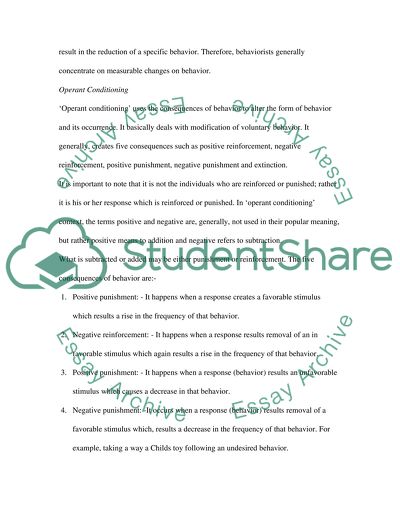Cite this document
(Important Perspectives in Learning Theories Case Study, n.d.)
Important Perspectives in Learning Theories Case Study. Retrieved from https://studentshare.org/education/1541067-experienced-teachers-make-decisions-about-educational-practice-using-their-understanding-of-a-range-of-theories-about-learning-no-one-theory-provides-all-the-a
Important Perspectives in Learning Theories Case Study. Retrieved from https://studentshare.org/education/1541067-experienced-teachers-make-decisions-about-educational-practice-using-their-understanding-of-a-range-of-theories-about-learning-no-one-theory-provides-all-the-a
(Important Perspectives in Learning Theories Case Study)
Important Perspectives in Learning Theories Case Study. https://studentshare.org/education/1541067-experienced-teachers-make-decisions-about-educational-practice-using-their-understanding-of-a-range-of-theories-about-learning-no-one-theory-provides-all-the-a.
Important Perspectives in Learning Theories Case Study. https://studentshare.org/education/1541067-experienced-teachers-make-decisions-about-educational-practice-using-their-understanding-of-a-range-of-theories-about-learning-no-one-theory-provides-all-the-a.
“Important Perspectives in Learning Theories Case Study”. https://studentshare.org/education/1541067-experienced-teachers-make-decisions-about-educational-practice-using-their-understanding-of-a-range-of-theories-about-learning-no-one-theory-provides-all-the-a.


